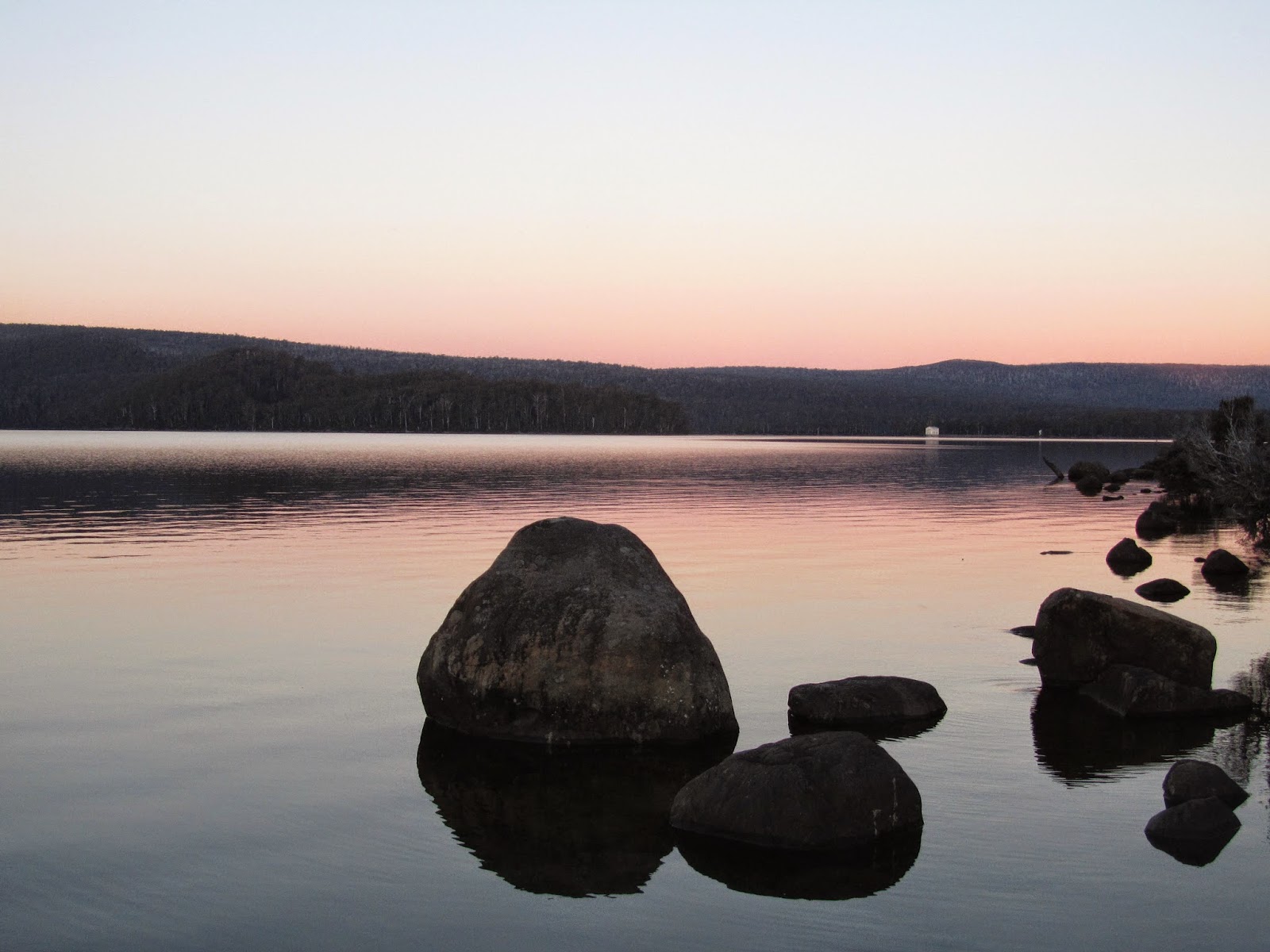"Not all those who wander, are lost" is the tag line of my blog.
"To wander" may imply aimless movement, a lack of direction not knowing where you are going or why, and therefore, implying a state of being lost - physically and psychologically.
Sometimes, people travel in an attempt to find themselves through new experiences and places. Sometimes, people move their homes from place to place for much the same reason, to find themselves or to escape situations. This is being lost and wandering.
Sometimes, you can find yourself through lost wandering, but only if you stop long enough to catch up with yourself. You need to find stillness within yourself. You need to stay still long enough for your thoughts to settle in to an order that brings calm and clarity to your life. Sometimes this is easier to do by staying physically in one place for a time instead of seeking distraction constantly through new adventures.
I have just finished reading Hilary Burden's book A Story of Seven Summers about how she gave up a busy international career and lifestyle to live in rural Tasmania.
Here are a few lines from Hilary's book:
"Travelling might give you a different perspective on where you are, but in settling you reap the reward of each season by turning within it."
"I found the space occurred for idle thoughts, where there were no distractions, when doing slipped back to being, and the time was spare to have a different slant on the day."
"I could sit still with the day, and grow with the bulbs without a whisper of ambition or duty, as I considered how I would honour the things I wanted to and recognise the experiences that mattered most."
"In staying in one place I have opened up my world to a flood of probabilities."
Wandering restlessly from place to place will not bring satisfaction. Most of us rush our way through our days never taking the time out to still our minds. It is important to have stillness within, a sense of who you are and what you value before you can wander without being lost.
 |
| Whistler, Canada |
"To wander" may imply aimless movement, a lack of direction not knowing where you are going or why, and therefore, implying a state of being lost - physically and psychologically.
Sometimes, people travel in an attempt to find themselves through new experiences and places. Sometimes, people move their homes from place to place for much the same reason, to find themselves or to escape situations. This is being lost and wandering.
Sometimes, you can find yourself through lost wandering, but only if you stop long enough to catch up with yourself. You need to find stillness within yourself. You need to stay still long enough for your thoughts to settle in to an order that brings calm and clarity to your life. Sometimes this is easier to do by staying physically in one place for a time instead of seeking distraction constantly through new adventures.
 |
| Sunset tranquillity at Lake St Clair, Tasmania |
Here are a few lines from Hilary's book:
"Travelling might give you a different perspective on where you are, but in settling you reap the reward of each season by turning within it."
"I found the space occurred for idle thoughts, where there were no distractions, when doing slipped back to being, and the time was spare to have a different slant on the day."
"I could sit still with the day, and grow with the bulbs without a whisper of ambition or duty, as I considered how I would honour the things I wanted to and recognise the experiences that mattered most."
"In staying in one place I have opened up my world to a flood of probabilities."
Wandering restlessly from place to place will not bring satisfaction. Most of us rush our way through our days never taking the time out to still our minds. It is important to have stillness within, a sense of who you are and what you value before you can wander without being lost.
 |
| Cradle Mountain reflected in one of the Twisted Lakes, Tasmania |
